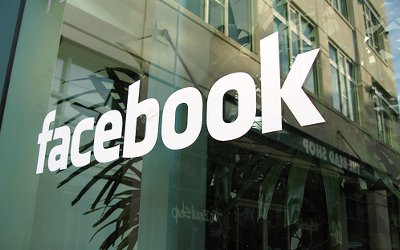Myspace Pitch Book Paints Abysmal Financial Picture

Before there was ever a Facebook there was a Myspace. Both have dominated the Web in their time but only one currently looks like a wounded lion on its last hunt. A peek inside News Corp.’s pitch book reveals that Myspace looks to lose an extreme amount of money before it can even hope to become profitable again, according to TechCrunch.
The company expects to lose $165 million by the end of the financial year ending on June 30, 2011. This loss is explained by the projected expenses to the tune of $274 million and the fact that it only expects to make $109 million this year. Those are some bleak numbers to give to possible buyers.
However, the confidential Myspace pitch book that Mike Arrington got his hands on starts to paint a brighter, albeit unlikely, picture of the future of Myspace after the 2011 fiscal year. It expects to decrease expenses in 2012 to a slim $69 million and anticipates revenue to be at $84 million. News Corp. predicts that Myspace will have $15 million in earnings before interest, taxes, depreciation and amortization that year.
From there, News Corp. expects Myspace revenue to rise yearly going into 2015. They expect to bring in $101 million in 2013, $119 million in 2014 and $139 million in 2015. That’s quite the comeback. This all hinges, of course, on the fact that Myspace can somehow reduce its spending by $205 million next year. As we’ve already reported, it looks like this money could be found in rumored layoffs throughout the company.
With the once-great social network currently sloughing off users like a sweater in August, it seems highly unlikely that Myspace could make some kind of rebound within a year. Without some kind of magical innovation that would put Myspace back on the map, it’s unclear how it can produce the profits projected in the pitch book.
The fact is, it’s likely that Myspace will continue to be the has-been of social networking. News Corp. will have to do make some fancy business moves soon, because there’s nothing people want less than something no one wants.









